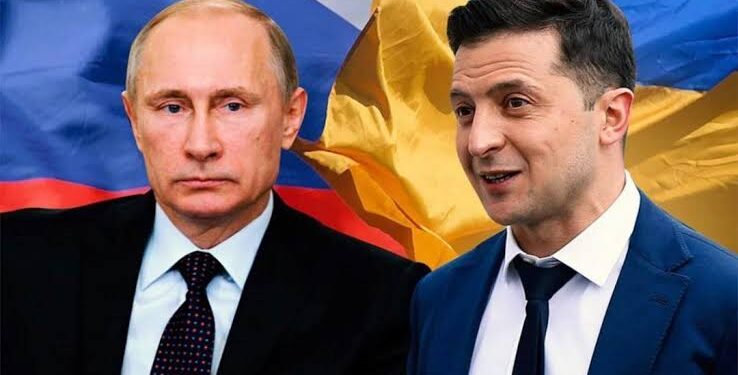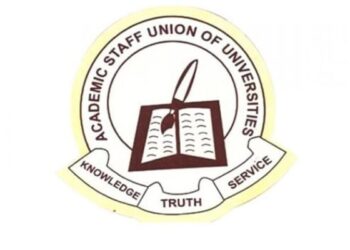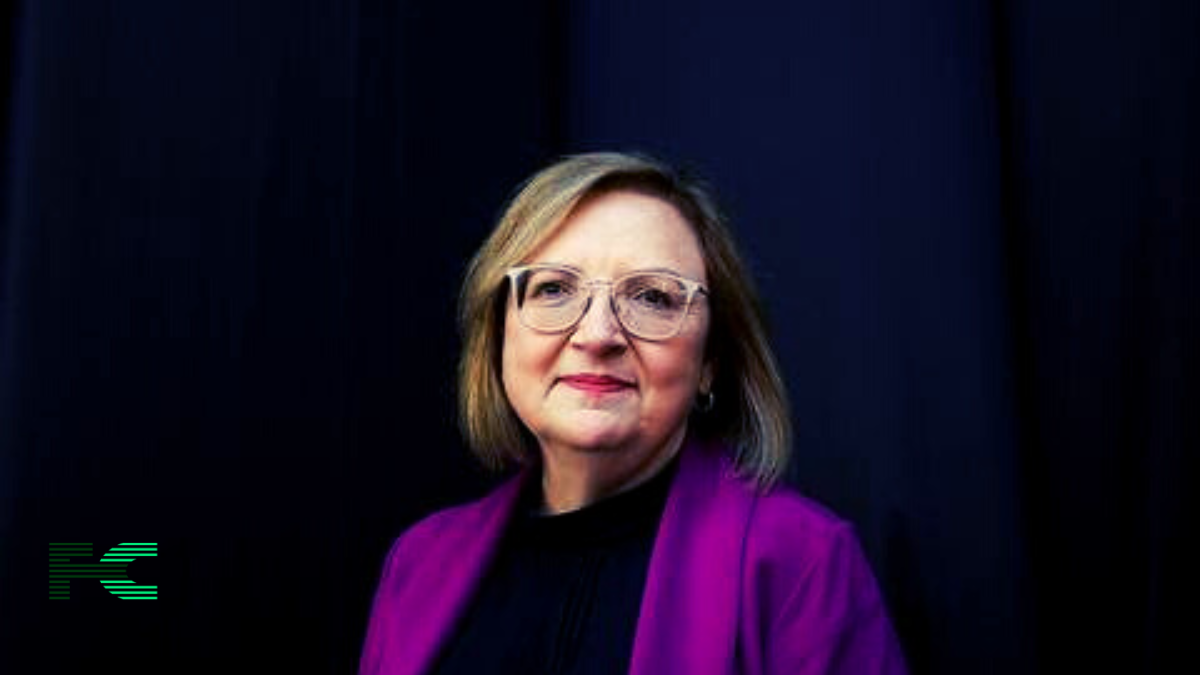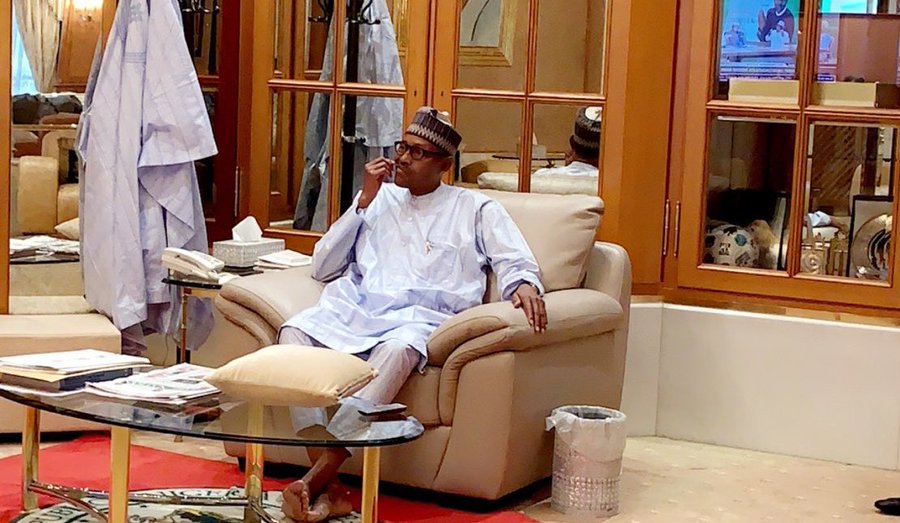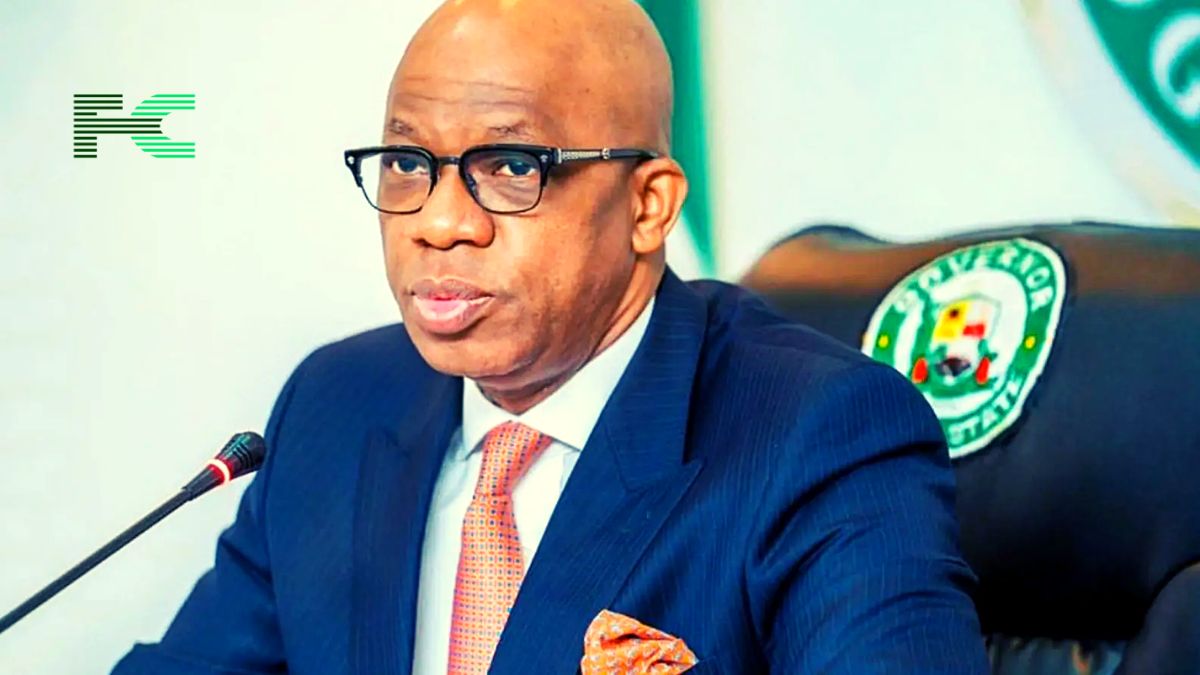Ukrainian President Volodymyr Zelenskiy has called on U.S. President Joe Biden’s outgoing administration to persuade NATO members to invite Ukraine into the alliance. Speaking in Kyiv on Sunday alongside Antonio Costa, the newly installed president of the European Council, Zelenskiy emphasized that this week’s NATO meeting in Brussels presents a critical opportunity for Ukraine as its war with Russia approaches a third year.
With Moscow making incremental battlefield gains and intensifying strikes on Ukraine’s energy infrastructure, Zelenskiy argued that U.S. influence could sway skeptical European allies to support Ukraine’s NATO aspirations.
However, the clock is ticking, with Biden set to leave office in January, potentially shifting U.S. policy under incoming President Donald Trump, who has criticized American aid to Ukraine.
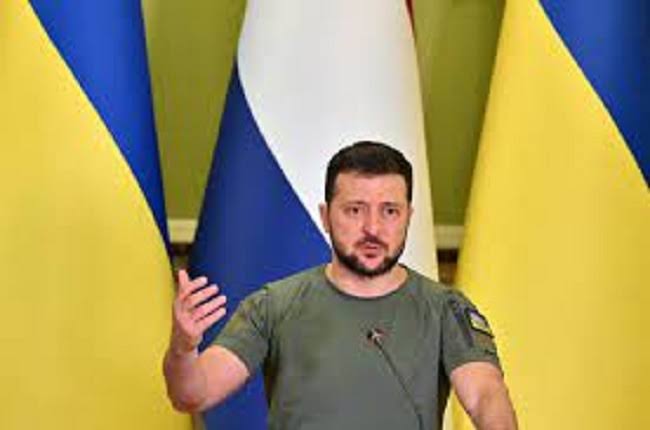
The NATO Dilemma and Strategic Challenges
NATO membership is a cornerstone of Ukraine’s security strategy. Kyiv has long demanded guarantees to prevent future Russian aggression, a need underscored by the current invasion, which has cost thousands of lives and devastated the country’s economy. However, many NATO members remain hesitant to extend an invitation, fearing that it would escalate tensions with Moscow.
In an attempt to address these concerns, Zelenskiy proposed a phased approach, suggesting NATO membership even while parts of Ukraine remain under Russian control. Still, he made it clear that any invitation must cover all Ukrainian territory to avoid legitimizing Russian occupation.
Russia, which now controls nearly 20% of Ukrainian territory, has responded to NATO-related discussions with intensified aggression. Its forces are advancing in the eastern Donbas region, and new missile strikes have targeted critical infrastructure, raising concerns about Ukraine’s ability to endure the winter months.
EU Stands Firm on Support
The European Union is also playing a pivotal role in backing Ukraine. Antonio Costa, along with the EU’s new foreign policy chief and enlargement head, chose Ukraine for their first official visit, signaling unwavering support. Costa stressed the urgency of Ukraine’s EU accession process, hinting at interim measures like trade integration and telecommunications alignment. “We cannot manage this process as business as usual because it is a geopolitical choice,” Costa said, underscoring the strategic importance of integrating Ukraine into Western institutions.
Why It Matters
Ukraine’s bid for NATO membership and closer EU integration are about more than national sovereignty—they are a litmus test for the West’s resolve against Russian aggression. Failure to provide tangible security guarantees could embolden Moscow and weaken the alliance’s credibility. Moreover, the outcome of this debate will shape the future of European security and determine whether NATO remains a deterrent force or a fragile coalition.
The Bottom Line
Ukraine stands at a crossroads, balancing military resilience, diplomatic outreach, and geopolitical uncertainty.
The coming months will test the resolve of Western allies, especially as leadership transitions in the U.S. threaten to shift the dynamics of international support. For Kyiv, NATO membership and EU integration are not just strategic goals—they are existential necessities in the face of Russia’s continued aggression. The stakes could not be higher for Ukraine, Europe, and the global order.

